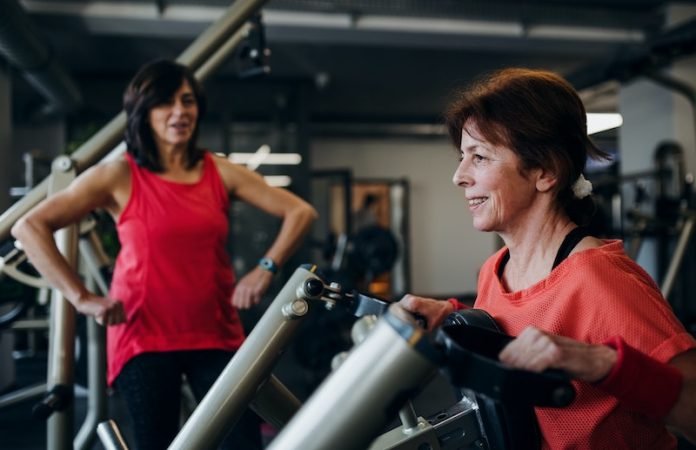
As we get older, many people worry about memory loss and other forms of mental decline. But what if you could slow down this process just by staying active?
A new study from The University of Texas at Dallas says you can. The research, led by Dr. Chandramallika Basak, found that older people who are physically fit have brains that function more like those of younger adults.
The Experiment: Fitness, Age, and Brain Function
The team had 52 people join the study, with ages ranging from young adults to seniors. They all had to perform tricky memory and attention tests while a machine (known as an fMRI) scanned their brain activity.
This machine showed how different parts of the brain light up when they are being used.
The older adults were divided into two groups: those who exercise regularly with high-intensity activities like jogging or swimming, and those who don’t.
In younger adults, a specific part of the brain called the dorsolateral prefrontal cortex lit up more when the task was hard. This is a part of the brain we use for complex thinking and working memory.
In older adults who didn’t exercise much, this part of the brain was active even during easy tasks and didn’t show much change for the harder tasks.
But for the older folks who exercised, their brains acted much more like the younger adults’, especially when the tasks were more challenging.
What This Means: Exercise Fights Brain Aging
So, what does all this mean for us? First, we know that exercise does more than just keep our bodies healthy; it keeps our minds sharp too.
And it’s not just any exercise; you have to get your heart rate up and really get moving. These findings make us reconsider how brain aging works.
It shows that staying physically fit can help you think more clearly and make decisions more like you did when you were younger.
In simpler terms, exercise acts like a fountain of youth for your brain. Dr. Basak’s study reveals that high-intensity exercise allows older adults to use additional parts of their brain, helping them perform better in mental tasks.
This indicates that not all older adults are destined for mental decline; many can combat it by staying physically fit.
The study also shows that the gap in mental performance and brain activity is smaller between fit older adults and younger ones compared to that between fit and unfit older adults.
So, getting older doesn’t necessarily mean our brains get slower, especially if we make sure to stay active and engaged.
The Takeaway
The message is clear: don’t underestimate the power of exercise as you age. Exercise won’t just help you look and feel better; it can actually keep your brain young.
So next time you think about skipping that workout, remember you’re not just working out your body; you’re also doing a gym session for your brain.
If you care about heart health, please read studies that vitamin K helps cut heart disease risk by a third, and a year of exercise reversed worrisome heart failure.
For more information about brain health, please see recent studies that blueberry supplements may prevent cognitive decline, and results showing higher magnesium intake could help benefit brain health.
The study was published in Neuroscience.
Follow us on Twitter for more articles about this topic.
Copyright © 2023 Knowridge Science Report. All rights reserved.



